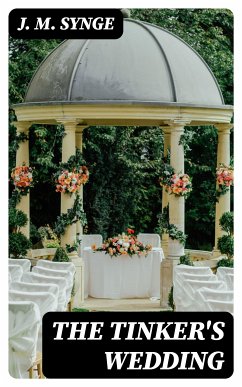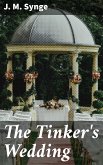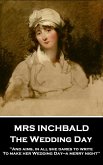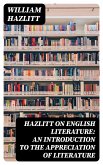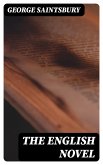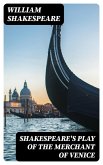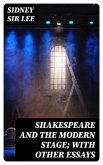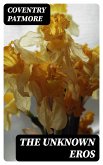In "The Tinker's Wedding," J. M. Synge explores themes of love, identity, and class disparity through the lens of Irish gypsy life. Set against the backdrop of early 20th-century Ireland, the play employs a blend of lyrical language and naturalistic dialogue that captures the essence of rural life and the often tumultuous relationships within it. The structure reflects Synge's keen understanding of the dramatic form, intertwining humor with poignant moments, which reveals the complexities of human desire and societal expectation. The play's setting and characterizations bring to life a vibrant yet marginalized community, making it a rich text for examining the intersection of culture and personal aspiration in a changing world. J. M. Synge, a prominent figure in the Irish Literary Revival, was deeply influenced by his experiences with the Irish peasantry and their folklore. His travels through rural Ireland and his capacity to articulate the voices of those often overlooked in society infused his work with authenticity and depth. "The Tinker's Wedding" stands as a testament to his ability to portray the human condition amidst cultural upheaval and personal dilemmas, emphasizing the significance of individual agency in a constraining society. This play is a must-read for those interested in Irish literature, theater, and cultural studies. It offers readers a captivating glimpse into the lives of its characters, inviting discussion on broader societal themes while remaining deeply personal. Synge's mastery of language and dramatic tension ensures that "The Tinker's Wedding" resonates long after the final curtain, making it an essential addition to the canon of 20th-century drama.
Dieser Download kann aus rechtlichen Gründen nur mit Rechnungsadresse in A, B, BG, CY, CZ, D, DK, EW, E, FIN, F, GR, H, IRL, I, LT, L, LR, M, NL, PL, P, R, S, SLO, SK ausgeliefert werden.

